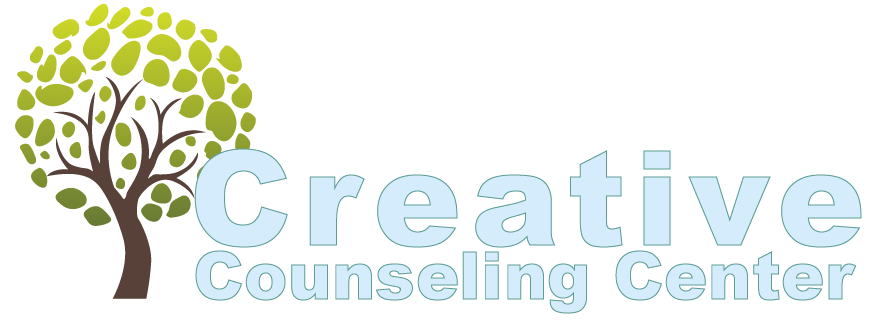The Truth About the 5 Stages of Grief: How Humans REALLY Mourn the Loss of a Loved One
The famous “five stages of grief” were first described by Elisabeth Kubler-Ross in 1969. She suggested that, when someone passes, their loved ones will pass through each of these 5 stages of grief, and in this order:
1. Denial
2. Anger
3. Bargaining
4. Depression
5. Acceptance
And since 1969, these 5 stages of grief have been widely accepted as inevitable components of the grieving process. In 2007, however, these various stages of grief were officially tested by the American Medical Association. Paul K. Maciejewski and his team studied the bereavement process with 233 people who had experienced the recent death of a loved one. The study started one month after the loss, and ended two years after the loss. Maciejewski and his team tested a slightly different series of stages, in a slightly different sequence:
1. Disbelief (denial)
2. Yearning
3. Anger
4. Depression
5. Acceptance
The study showed that Kubler-Ross was originally correct about the various stages and the order in which they occurred—the stages and sequence tested by Maciejewski’s team were disproved. However, Kubler-Ross was mistaken about the length of time that each emotion would manifest. Maciejewski’s team discovered that:
• Mourners experienced acceptance more than any other feeling during the grieving process, whether between 1-6 months, or 6 months to a year after the loss.
• Yearning and depression were experienced very frequently, as well, after acceptance.
• Disbelief and anger were experienced least frequently.
Ultimately, the results showed that, while there are commonalities between the process in which people grieve, there is no blueprint for processing the loss of a loved one. Everyone mourns in different ways, and on different timelines; they may go through all of the 5 stages of grief, or skip a stage or two.
Stages of grief aside, the most important part of processing loss is having a healthy way to do so.
Here are some from our grief counselors to help you or a loved one recover from loss in the healthiest possible way.
1. Grieve together with loved ones. Being with your family and friends will help the healing process.
2. Acknowledge and validate your feelings. It’s okay to feel sad or angry, and everything in between–let yourself feel those feelings.
3. Let yourself grieve. It takes time, and everyone grieves on a different timeline.
4. Find a therapist. Seeking counseling through this difficult time can help you mourn loss in a healthy and productive way.
5. Participate in healthy hobbies. Eating well, exercising daily, and partaking in activities like meditation or yoga can help you navigate the grieving process…and even come out mentally and physically stronger on the other side.
Are you grieving the loss of a loved one and feeling stuck in an endless cycle of maladaptive emotions? Creative Counseling Center is here for you. Our grief counselors help people just like you with a variety of mental health struggles. Whether you are mourning the loss of a loved one, overcoming past abuse or neglect, or simply managing stress, anxiety or depression, request a free phone consultation today. We’ll listen and learn what’s going on in your life and partner you with the best therapist equipped to support you on your journey to joy and fulfillment.
Request a Free Phone Consultation
Contact Us
We will get back to you as soon as possible.
Please try again later.

ABOUT THE AUTHOR
Teri Karjala is a Licensed Professional Counselor & Marriage and Family Therapist. She is the founder and Executive Director of Creative Counseling Center, LLC. Working in the field since 1999, Teri and her team of therapists specializes in counseling for those who have experienced trauma. They work with children as young as age 2, as well as teens and adolescents, adults, seniors, families, and couples.
REQUEST A FREE CONSULTATION
If you have questions about counseling, would like to find out if counseling could help you or a loved one, or are interested in learning more about our services, just complete the brief form below to request a Free Phone Consultation. A member of our team will contact you shortly. After a brief conversation, we'll determine together whether our practice is right for you and which therapist may be best suited for your specific circumstance.
Finding the right therapist, one you click with, is less about the therapist's experience and qualifications and more about the therapist's personality. So let's talk. Let us match you with a therapist you have a high likelihood of clicking with.
Fields marked with an * are required.
Contact Us
We will get back to you as soon as possible.
Please try again later.
GET SOCIAL WITH US
CONNECT WITH US
PHONE
EMAIL US
ADDRESS
6021 South Syracuse Way, Suite #216
Greenwood Village, CO 80111
OFFICE HOURS
Monday-Thursday: 8:30am-8pm
Friday: 12pm-5pm
Saturday: 12pm-4pm



